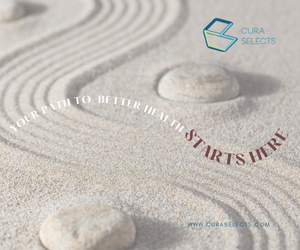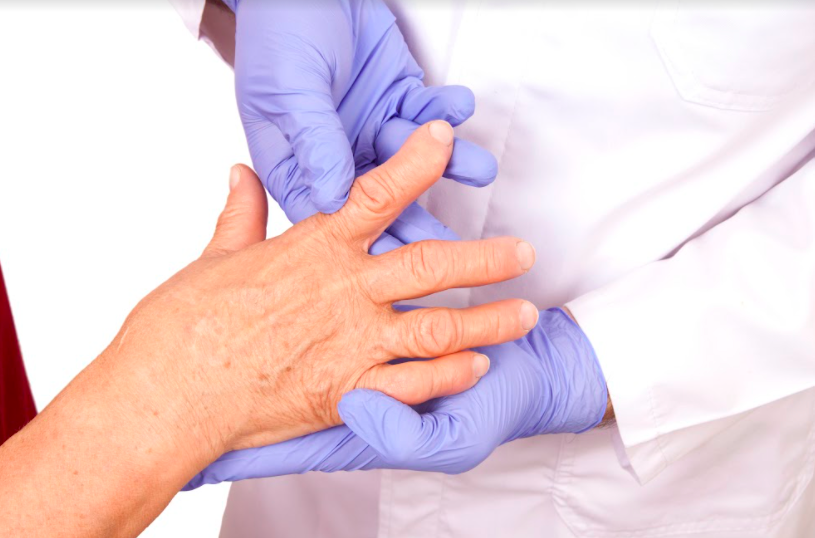This article has been fact-checked by Dr Chong Kian Tai, urologist at Surgi-TEN Specialists, Farrer Park Hospital, Singapore.
About the Doctor
About one in 10 Singaporeans will develop kidney stones, with the condition being slightly more common in men than in women. Such stones typically occur in people aged 30 to 60, and are created when minerals and salts in urine turn into hard crystals. In Singapore, people usually have kidney stones because they do not drink enough water or other fluids, or have too much salt or animal protein in their diet. Some of the other risk factors for kidney stones are:
- Obesity
- Metabolic diseases such as gout, cystic renal disease and hyperthyroidism
- A family history of kidney stones
Furthermore, about half of people who have kidney stones have another one within five to 10 years.
Symptoms of kidney stones
Most people with kidney stones do not have symptoms, but may experience a condition known as microscopic haematuria, which is the presence of blood in urine that cannot be detected by the naked eye. Sometimes, very small stones can travel through the urinary tract and pass out of the body in urine without inflicting any pain or discomfort. When larger kidney stones move around in the kidney or migrate into the ureters, which are the tubes that carry urine from the kidneys to the bladder, however, they can cause symptoms including:
- Stabbing or throbbing pain in the lower back and side
- Pain or a burning sensation during urination
- Blood in urine
- Cloudy or foul-smelling urine
- The need to urinate more often than usual
- Nausea and vomiting
The pain caused by kidney stones can shift to different parts of the body or increase in intensity as they move through the urinary tract. People who experience pain that is so severe that they cannot sit still or find a comfortable position to sit in, or pain that is accompanied by fever and chills, should see a doctor immediately.
Diagnosing kidney stones
Common tests for kidney stones include:
- Urine tests to check for stone-forming minerals.
- Imaging tests, which are used to find the location of stones. These include ultrasound kidney scans and computerised tomography (CT) scans.
Educational Video:
![Small Kidney Tumor [Treating Kidney Tumours] by Dr Chong Kian Tai, Asia MD](https://asiamd.com/wp-content/uploads/2022/04/Small-Kidney-Tumor-Treating-Kidney-Tumours-by-Dr-Chong-Kian-Tai-Asia-MD.png)



















![Small Kidney Tumor [Treating Kidney Tumours] by Dr Chong Kian Tai, Asia MD](https://asiamd.com/wp-content/uploads/2022/04/Small-Kidney-Tumor-Treating-Kidney-Tumours-by-Dr-Chong-Kian-Tai-Asia-MD.png)










